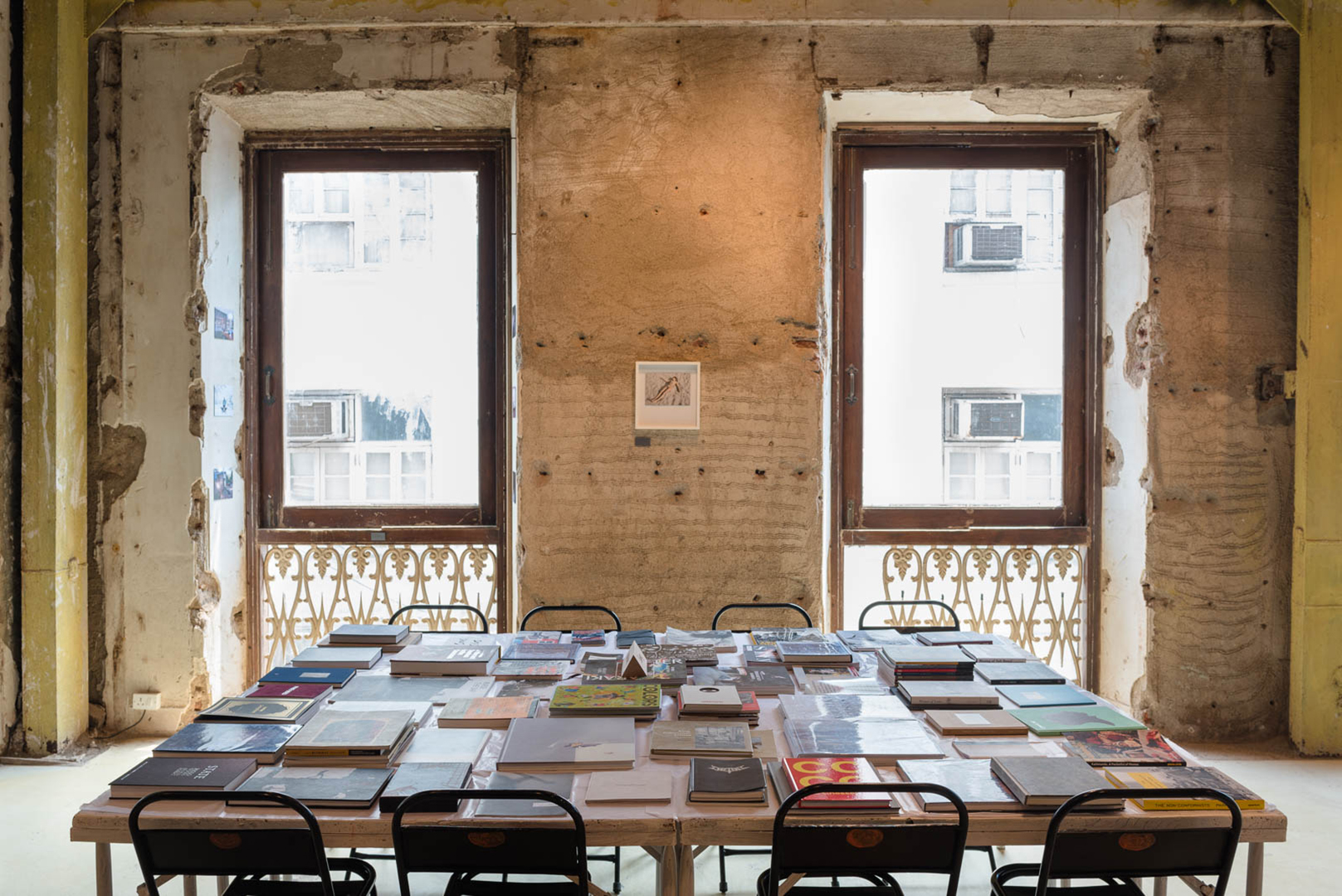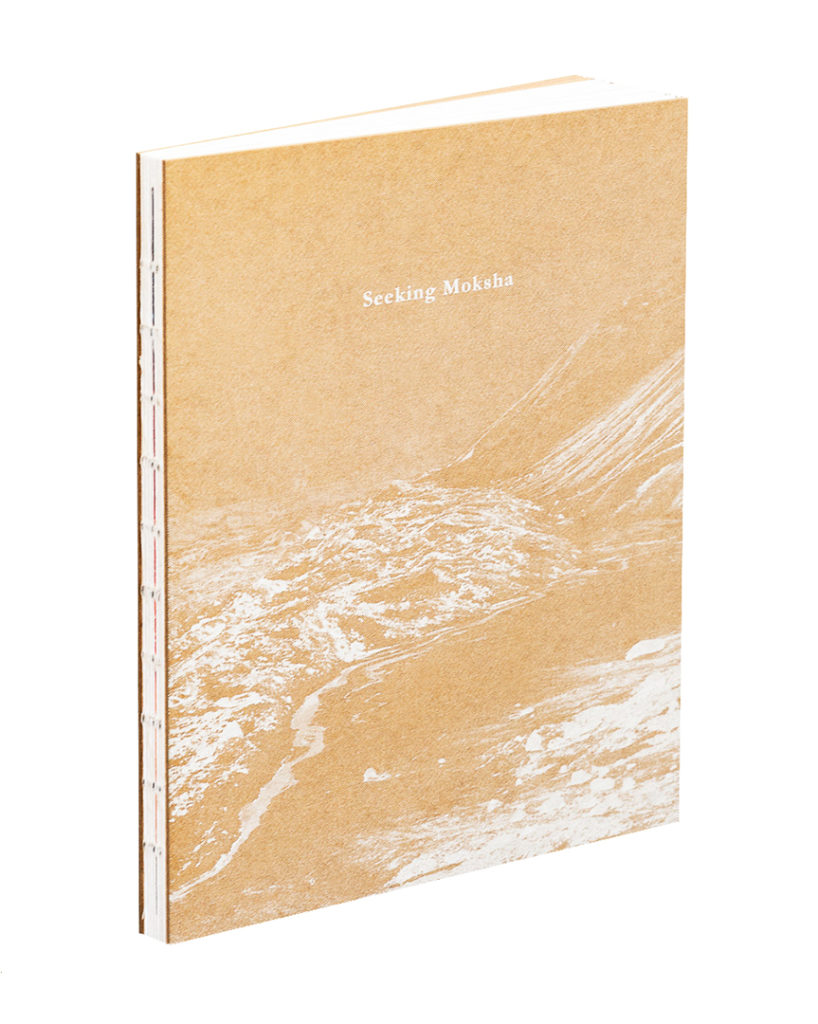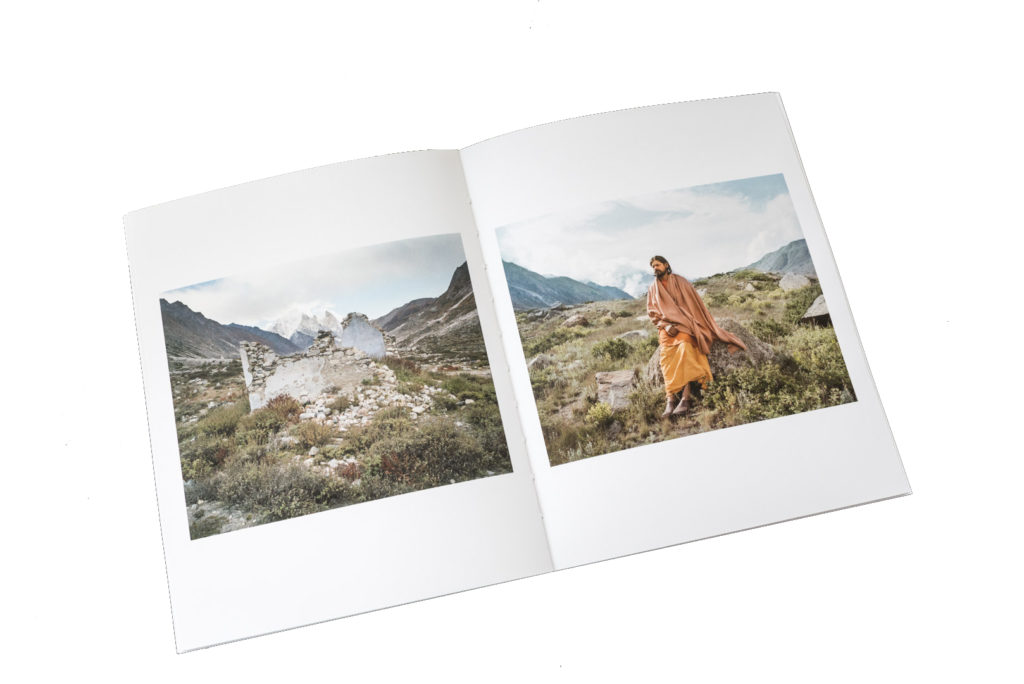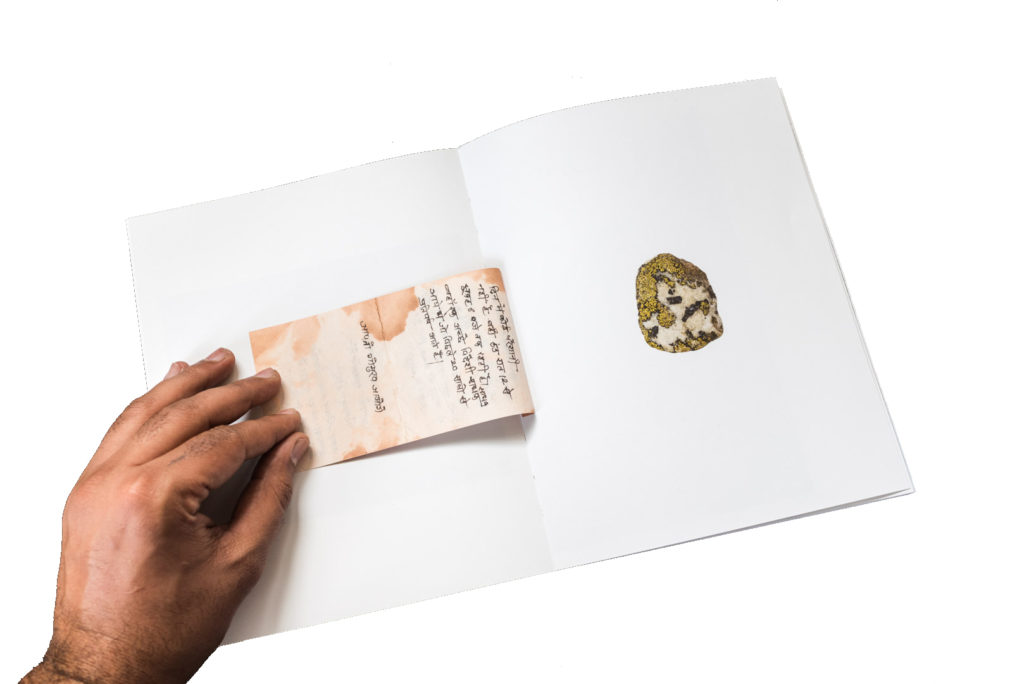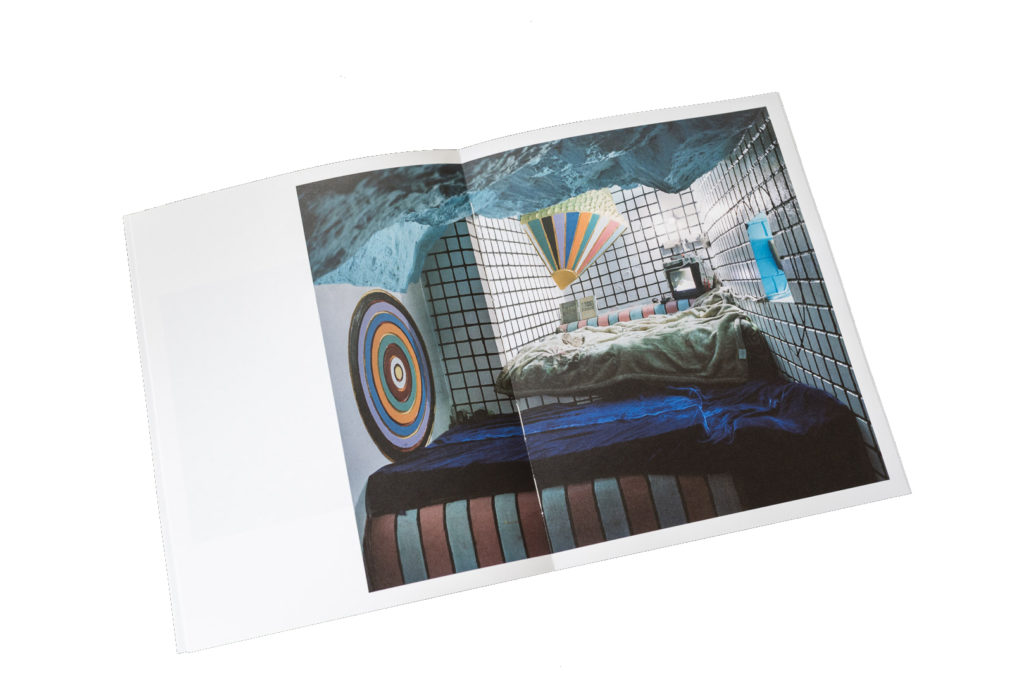Nishant Shukla
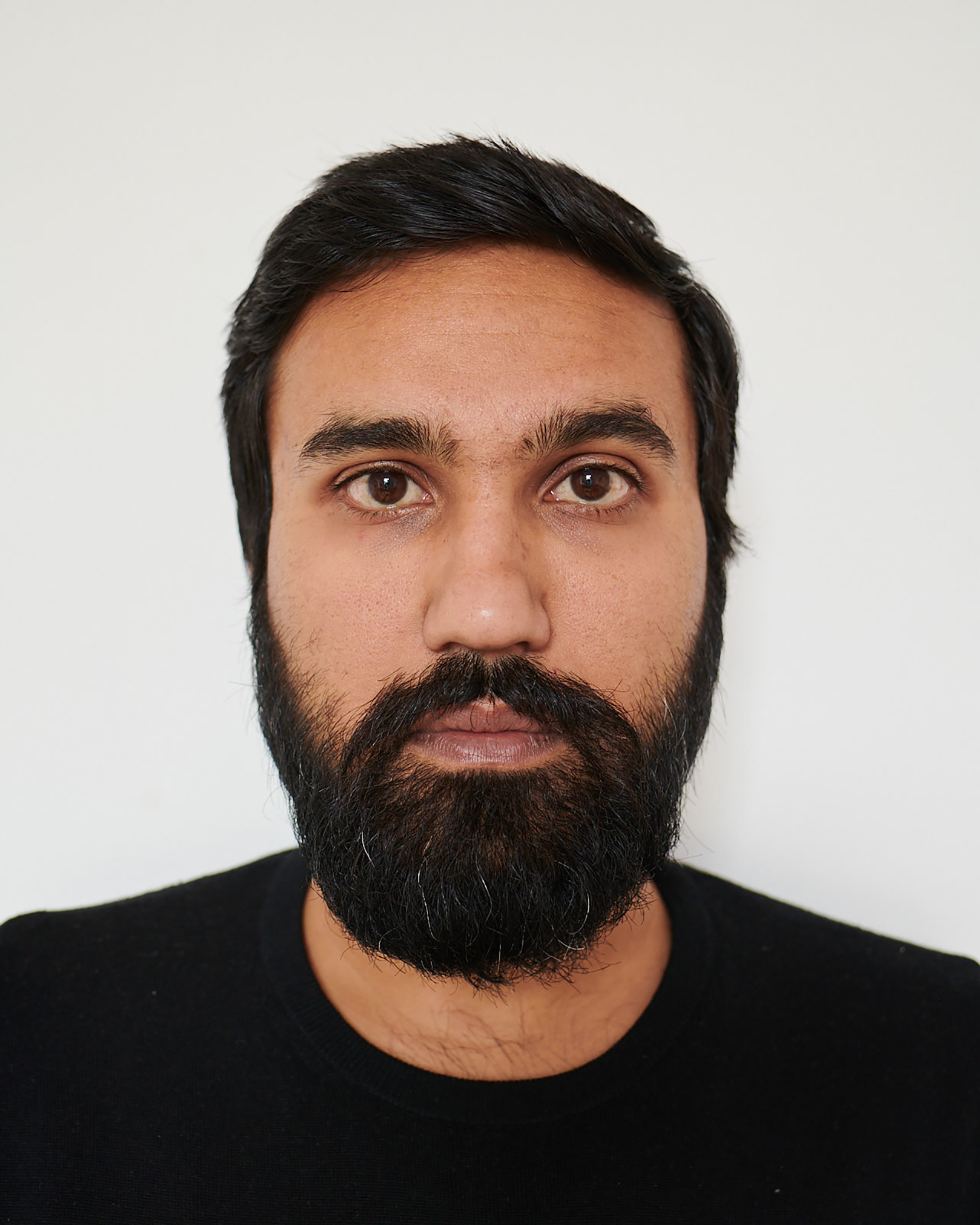 ©
©
Nishant Shukla is a visual artist and photographer based between London & India. His personal body of work addresses questions of identity, origins and essence through an exploration of the margin; peripheral moments, spaces and people that are commemorated with images and objects that intersect with his own journey.
In 2015, with with Philippe Calia, Andrea Fernandes, Asmita Parelkar, and Sunil Thakkar, he co founded BIND which is a platform for contemporary photography centered around a photobook library in Bombay. Shukla self published “Seeking Moksha” in 2016, a personal journey and search for transcendence entangled with people he encountered on a pilgrimage to collect water for his grandfather.
https://www.nishantshukla.com
https://bindcollective.in
HERE IS HOW IT STARTED
In 2014 I co-founded a platform for photo books called BIND in Mumbai with some friends, which currently exists as a photobook library. This really got us deeply involved with photobooks. Around the same time I wanted to make a small number of handmade books for a long term personal project called Seeking Moksha, so I made a dummy and then applied for a grant and subsequently to a few more grants.
FIRST BOOK FINANCING
I was fortunate to be awarded the Alkazi Foundation : Photobook Grant in 2016 which partly funded the production of the book.
THE BIGGEST CHALLENGE
It has to be sequencing. There are so many different ways to sequence the same work. Every photographer will take a different route. Finding that voice and understanding how to build a sequence of images that tell to a compelling story takes time. I had at least 30 different versions and I would stare at it on my wall and rearrange over a period of 5 months. The last 5 versions were all good books. Knowing when to stop is also hard.
HOW DO YOU SELECT A BOOK FOR THE LIBRARY
In context of the library that we run through BIND, we initially started with our own personal collections of photo books along with donations that we received through open calls we put out for projects that we were curating. Now we largely only request books that we are going to include in an upcoming curation or very selectively add to the library.
DUMMY
I don’t really see the production quality as an issue with the dummy as long as it can communicate the idea. I really love to see dummies of books because it really shows you the author’s vision before other people have got involved.
AS A PHOTOGRAPHER, HOW DO YOU WORK ON YOUR DUMMY?
I started the process alone and found it really difficult to edit & sequence my work. I asked for some help from some people I trusted about edit & eventually the book was co-edited.
I designed my first dummy myself but after receiving the grant I collaborated on the design with a book designer.
Your impact on the final shape of the book depends on who you end up working with. There are publishers who really like to stay true to the artist’s vision, while others prefer to be involved in conceptualisation. Even if you choose self-publishing route, you have voices that guide the book in different directions for a variety of different reasons from availability of materials to production capabilities.
INGREDIENTS OF A SUCCESSFUL BOOK
As long as you are happy with the final book and feel that it was worth chopping of the trees involved than I feel the book is a success. But the public image of success is surely helped when the book is shortlisted for or wins awards.
WHAT TO THINK ABOUT SELF PUBLISHING
I love the idea of having complete control over the making of your own book. I tend to feel more precious about books that are made by one person compared to by larger publishers.
Having said that, self-publishing isn’t for everyone. I was really passionate about printing methods and was happy to experiment. But I didn’t anticipate how much work distribution was going to be, for instance.
AN ADVICE TO THE PHOTOGRAPHER WHO WANTS TO PUBLISH HIS FIRST BOOK
There are no rules but, personally:
Make a list of all the dummy awards that interest you and print that many dummies & apply. It really helps to do this process.
If you don’t get an award or a publisher, then make a small batch of handmade books or do a small print run and move onto the next project.
I would avoid publishers who charge you to print your book unless of course you have stacks of cash at home.
